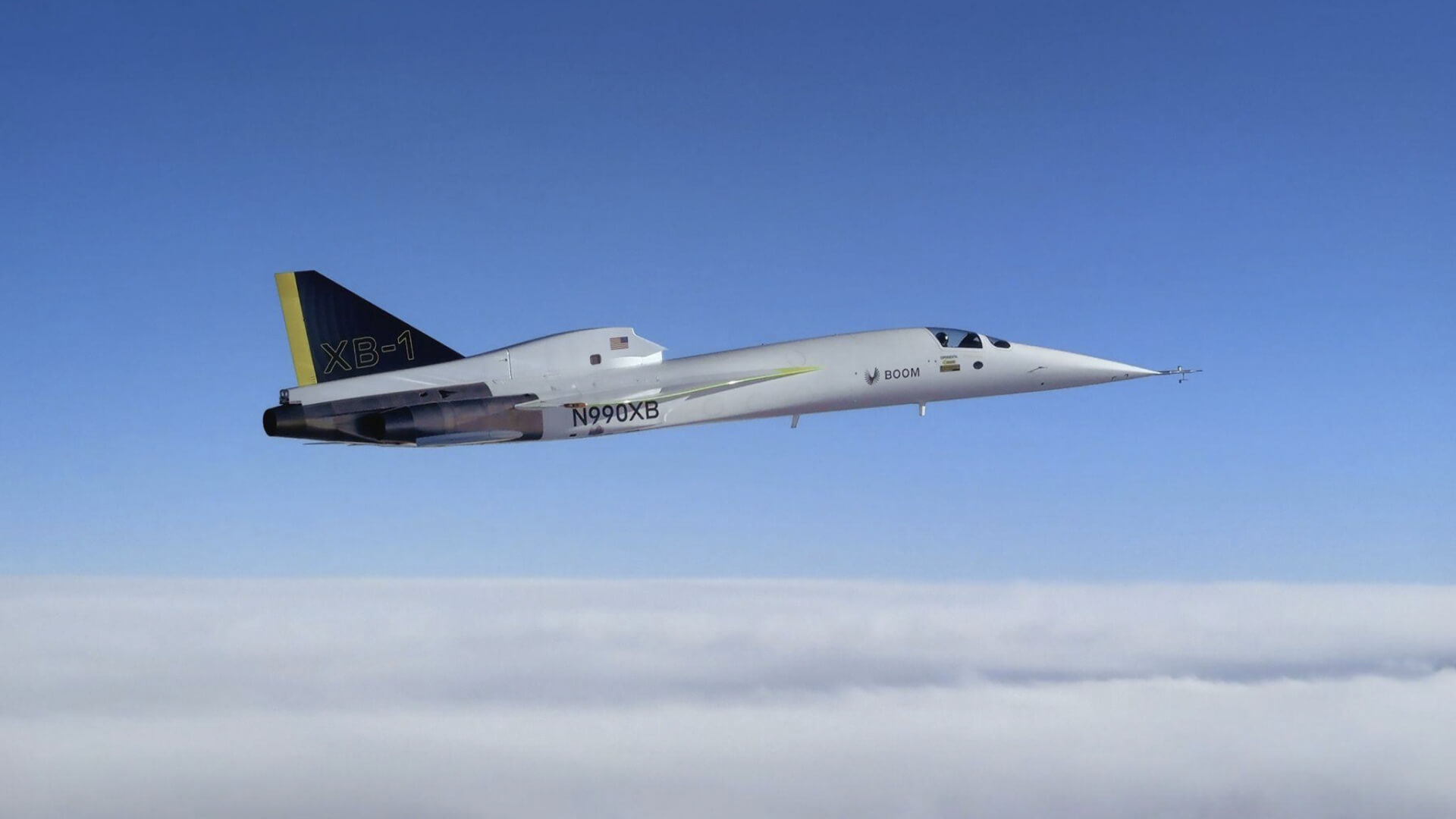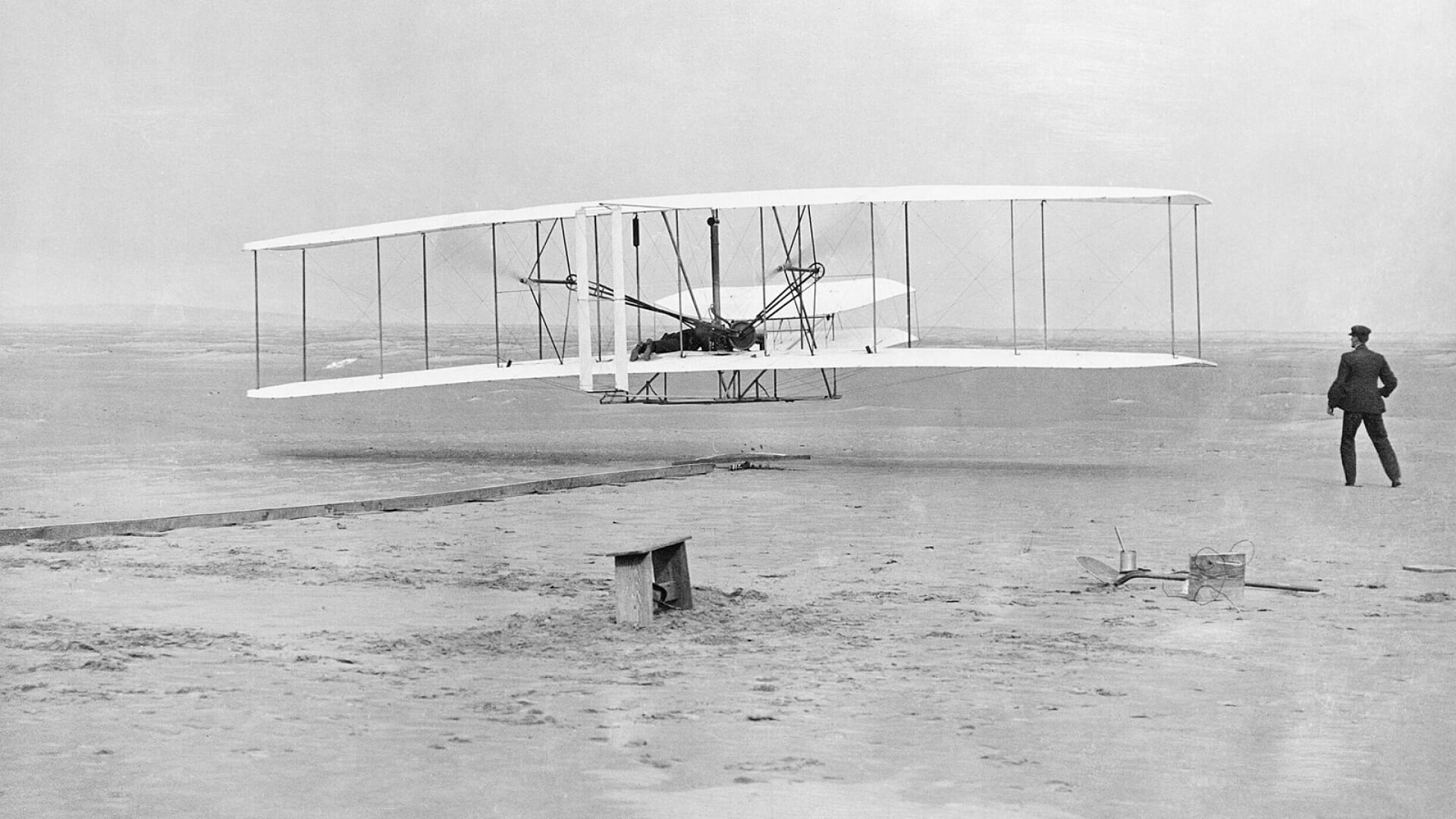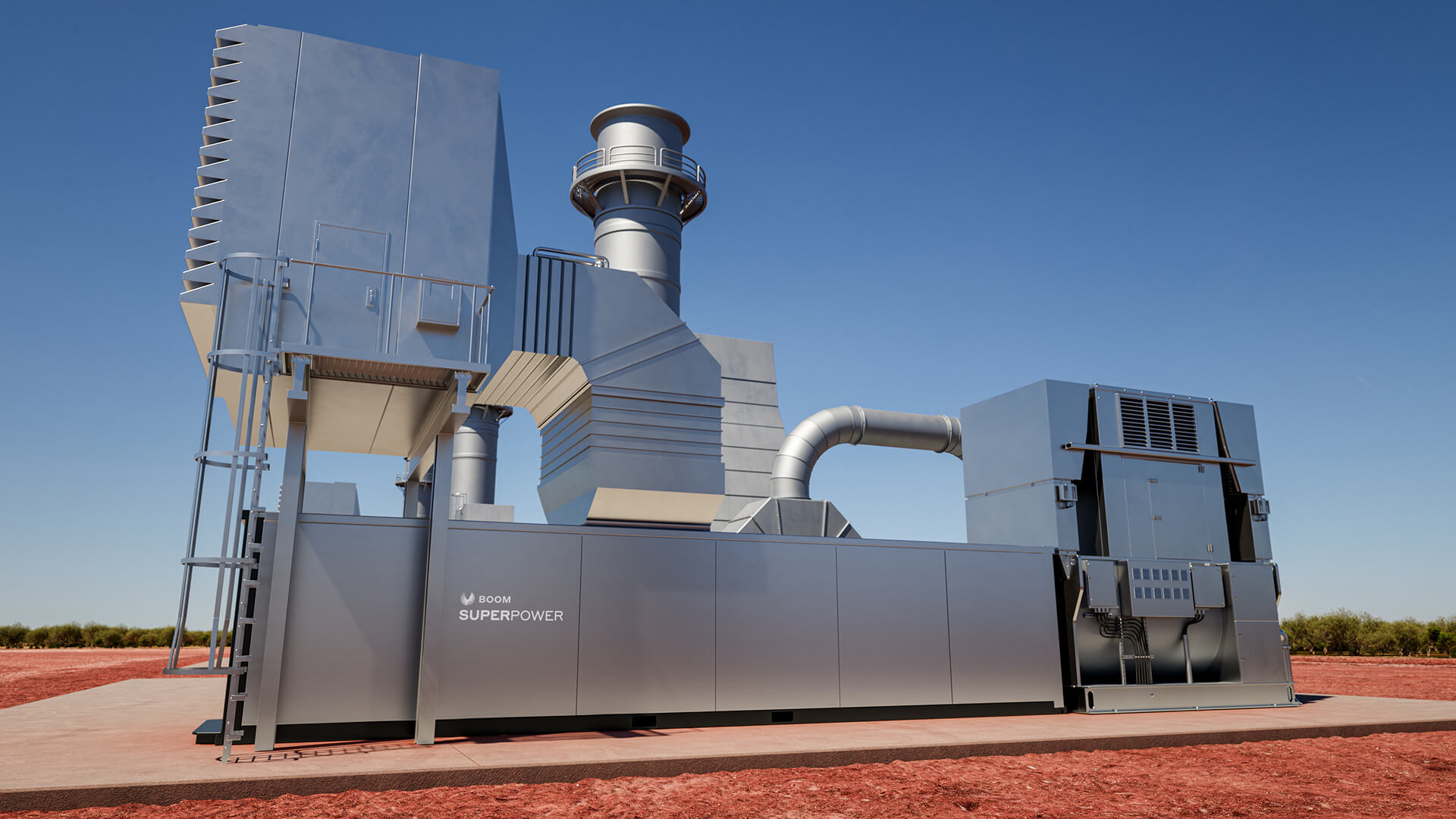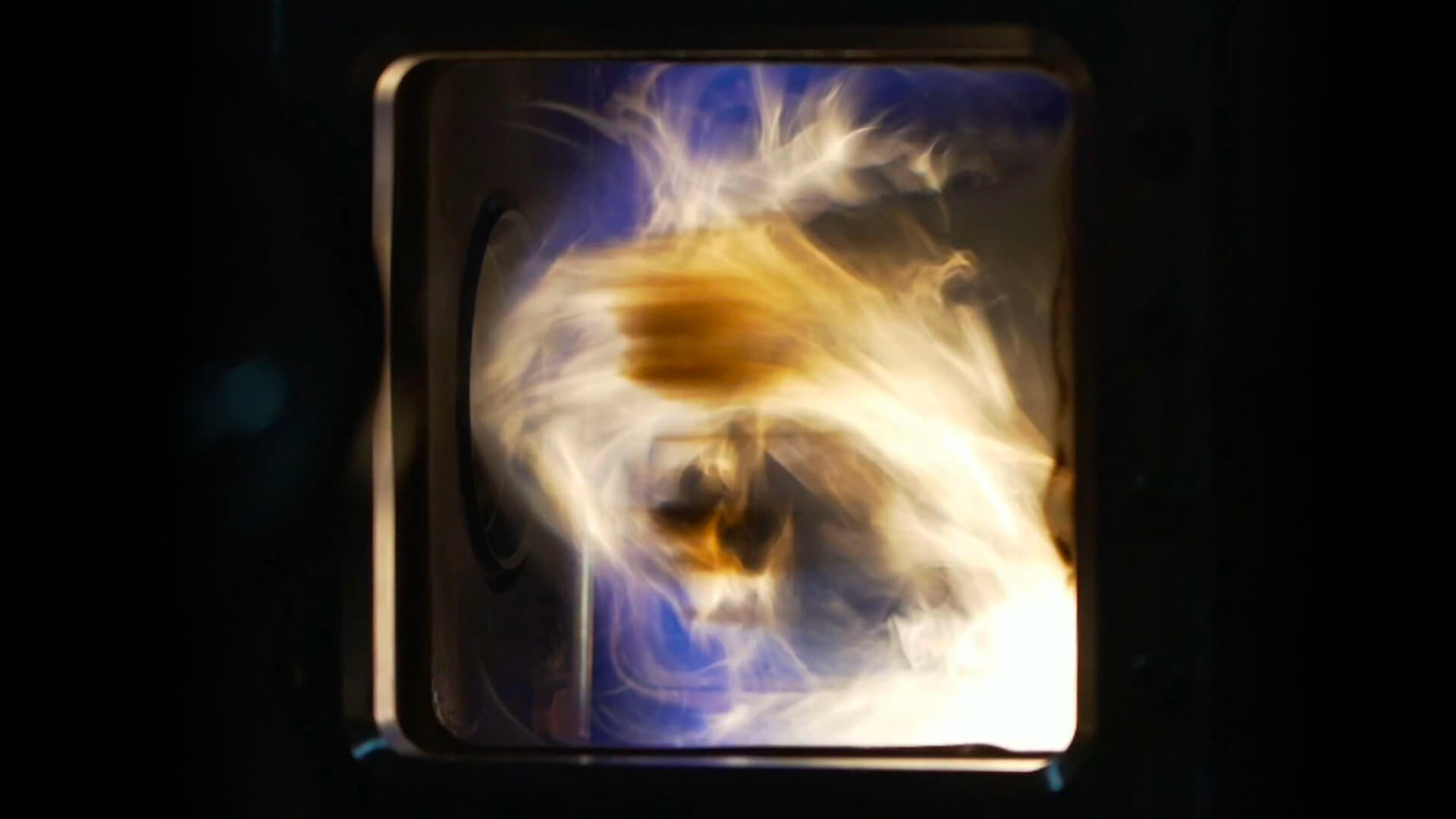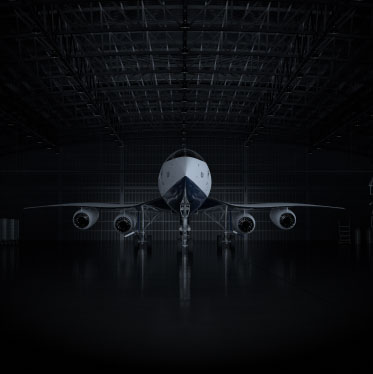If you want to rack up your frequent flier miles fast, join the live music industry. Just ask Tanner Watt, Director of Partnership and Development at REVERB, an organization that is dedicated to reducing impact across multiple live music events, world live music tours, festivals, and venue programs.
Over a career spent working with Willie Nelson and Family, and then as a leader in the sustainable biofuels industry, Watt got up close and personal with the rigors of constant travel—and the inherent sustainability challenges that come with producing live music.
Now, in his role at REVERB, Watt is focused on helping musicians, venues, and festivals reduce their carbon footprint, and he’s looking forward to a future where bands and fans can reduce their carbon footprint in a more conscientious way.
We chatted with him at Boom’s recent Net Good Summit about his work and the opportunities for businesses looking to improve their sustainability practices.
Can you explain REVERB’s approach to sustainability?
Most of what we do is aimed at eliminating waste in the first place, such as reusables, compostables, and donation programs. We’re trying to minimize the amount of waste that we’re handling at these live events.
The second piece is collecting data and understanding the impacts of all the things we can’t eliminate–whether it be waste or emissions–and figuring out what we’re left with. Then it’s a matter of working with good projects, finding the best quality offsets, looking at new technologies, and finding ways to make up for, or reclaim, the carbon that we couldn’t get rid of during events.
We also engage fans around these issues. If there are 100,000 fans at a big festival and those fans go home with a seed of simple behavior change, we believe that there’s a much bigger impact to be had.
What are the most promising opportunities to reduce the travel industry’s carbon footprint?
Looking at it through the lens of the live music industry, there’s a huge amount of travel from the artist, driving across the country or flying around the globe on a tour, and the fans attending these events. Fans might drive up to 30 or 40 miles to a show that’s near them, or even farther for a festival event, where concert-goers tend to fly in from all over.
Music is a great connector and brings fans and bands together, so it is critical for us to employ diverse strategies to reduce our impact when we gather so that we can reduce our impact on the environment. I believe the best way forward is to do what we do, more sustainably.
There’s an immeasurable value to experiencing other cultures and other places, just like there is this value to experiencing art and live music. That’s how people develop open-minded perspectives about the world and other ways of living and thinking. Music has always been a community of change-makers, and at the forefront of societal movements. It’s critical, now more than ever, that we continue to expand our worldview, and connect with each other.
What is the single most impactful action businesses can take to improve sustainability?
Many businesses are almost afraid to look at the impact that they have on the planet. To me, that’s the biggest step—accept and admit your flaws. Do the research necessary to quantify that impact, and then start to build creative solutions. It’s important to understand the full impact that a business has, in addition to looking at the pieces that make up that whole.
Is there a sustainability moonshot you’re excited about?
There are so many things that excite me these days, but here at the Net Good Summit, I would say the direct air capture capability is the most exciting to me. I’m always looking for projects that do more than just replace a ton of carbon. To see technology that’s literally pulling carbon out of the atmosphere and storing it in a way that’s safe for eons to come is very exciting.
When I was in the biofuels industry, I was part of the Clean Cities program in Austin, Texas, and Elon Musk showed up at one of our meetings with the very first Tesla prototype. To see his idea 15 years ago, and where Tesla is now, makes me truly believe that if an idea is good and people get behind it, it can happen very quickly.
As one of the Net Good Summit speakers said, being proactive is so much more effective and efficient than being reactive. As a society, we need to deal with these issues now rather than with the fallout that happens.
How does it feel to be living on the cusp of a new supersonic age?
As a kid who grew up around air shows, I was an aeronautics nerd. I always dreamed of flying supersonic from one place to another. To see that coming back into the world is so exciting to me. The fact that it’s being done in a way that’s actually more efficient and better for the planet is mind-blowing.
I think what Boom represents is not only an amazing technology and advancement in travel and aeronautics, but it also shows how much people can do when they come up with an idea. I mean, we want to go faster, we want to go farther, we want to go higher, but we want to do it with less impact and be better for the planet. And they’ve done it. I hope every industry can be that empowered or enthusiastic when it comes to believing in themselves to make these amazing things happen.
What would you do with the time you got back flying supersonic?
Gosh, so much, right? In my workspace, being fresh and being rested so that I can interface with people and have meaningful conversations is an important luxury that we don’t always get.
When artists are touring—and we’re literally in a different country every night—it can be very, very taxing. Even though you may only be performing for a couple hours a night, it wears you out when you spend 12, 18, 24 months on the road at a time. To have time to rest and collect yourself, and make sure that you are living that experience to its fullest—that is the most exciting thing to me.
What’s the first place you’ll fly on Overture and why?
I’m just excited to fly on Overture. But I am very much looking forward to my travel time to Australia and New Zealand being cut down. It will be nice to see some of these long-haul trips turned into nothing more than a slight inconvenience. That’s a really exciting future to look forward to.

